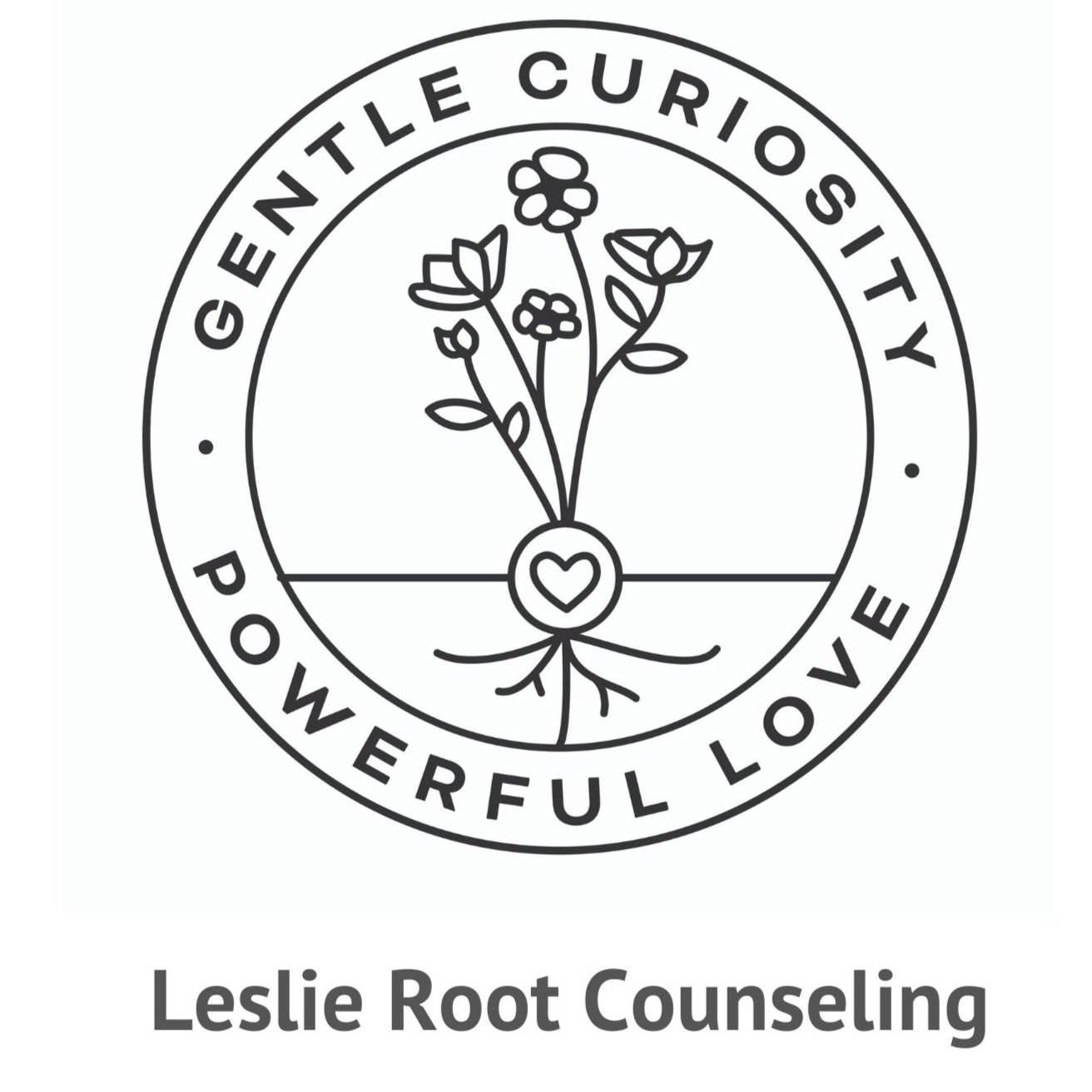Emotional Moderation
Individuals and couples who struggle with moderation express their reality at one extreme or another making it difficult for partners and others to relate to them. People who struggle with emotional moderation don’t appear to understand what a moderate reality is. They are totally involved or totally detached, totally happy or absolutely miserable. People who lack emotional moderation believe a moderate response to a situation isn’t enough, only too much is enough. This symptom manifests in different ways:
The Body:
- Hiding the body with baggy clothes,
- Bland colors that fade into the woodwork.
- Flamboyant attire that everyone notices
- Or skimpy, tight clothing that’s revealing
- Physical extremes may also include how large or thin people become
- Compulsively neat or sloppy grooming habits are.
Thinking:
- Black and White thinking,
- Right or Wrong
- Good or Bad
- There are few gray areas. Only one right answer, “if you don’t agree with me completely you are totally against me.”
-Solutions to problems are extreme; doing a total cut off or reacting in a way that is not in proportion to the situation or transgression.
Feelings
-Difficulty knowing feelings
-Difficulty sharing feelings
-Difficulty experiencing feelings
-Little to no emotion or explosive/agonizing emotions
-Taking on other peoples feelings
Behaviors
-Trusting everyone or no one at all
-Allowing anyone to touch them or no one
-Discipline with children may look severe or not at all
-Exaggerated behavior responses to perceived threat
The bad news is our immoderate responses are highly unlikely to change without a therapeutic intervention. The good news is, interventions work! With a good therapist and the correct tools I have seen couples change very quickly. When couples are able to trust that their partner will respond with moderation, their whole relationship can change. Walls come down and intimacy comes in. A well trained therapist or coach can help couples see their current ability to respond moderately in other situations and support clients with utilizing the skill set in their current relationship. It is important to have an outside supporter to identify the benefits and costs of not changing. We are not good at fully acknowledging or knowing the consequences of our behaviors and their impact on generations to come.
